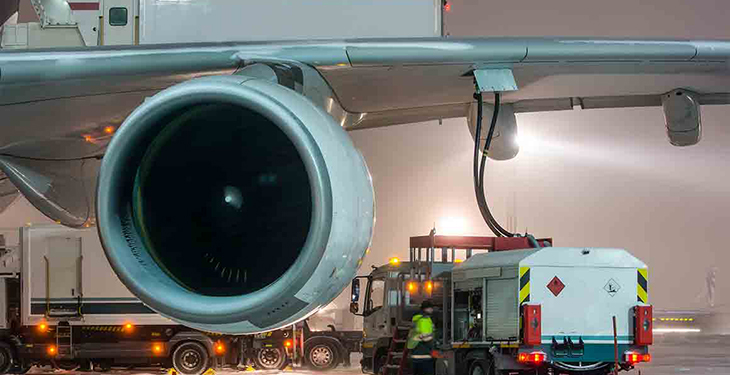After intense and long discussions, the negotiators who represented the EU member states and the European Parliament reached an agreement on Tuesday night regarding the establishment of mandatory objectives for European airlines regarding the increase in the use of sustainable aviation fuels, in an attempt to reduce the carbon footprint of this sector, Reuters reports.
The proposal is intended to increase the demand and supply of sustainable aviation fuels (SAF), which have net zero CO2 emissions or low carbon emissions. For now, these fuels are produced in small quantities and are much more expensive than kerosene, according to Agerpres.
The proposal sets binding targets for aviation fuel suppliers for all fuel available to aircraft operators at EU airports to contain a minimum share of sustainable aviation fuels from 2025, with the target to be increased by 2050.
At least 2% of aviation fuels must be SAF in 2025, rising to 6% in 2030, 20% in 2035 and reaching 70% in 2050. From 2030, mandatory targets will also apply to use a quota minimum synthetic fuels – 1.2% for 2030, with the level to increase to 35% in 2050.
Aviation is among the most difficult sectors for decarbonization, in the next decade zero-emission planes are not expected. In the shorter term, sustainable fuels are one option for reducing the carbon footprint of the aviation sector.
Under the regulations, airlines will receive around two billion euros in funding from the EU carbon market to switch to SAF.
